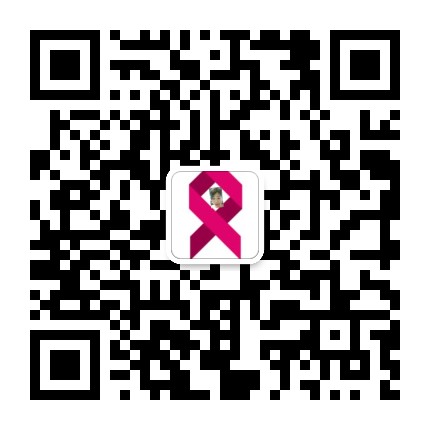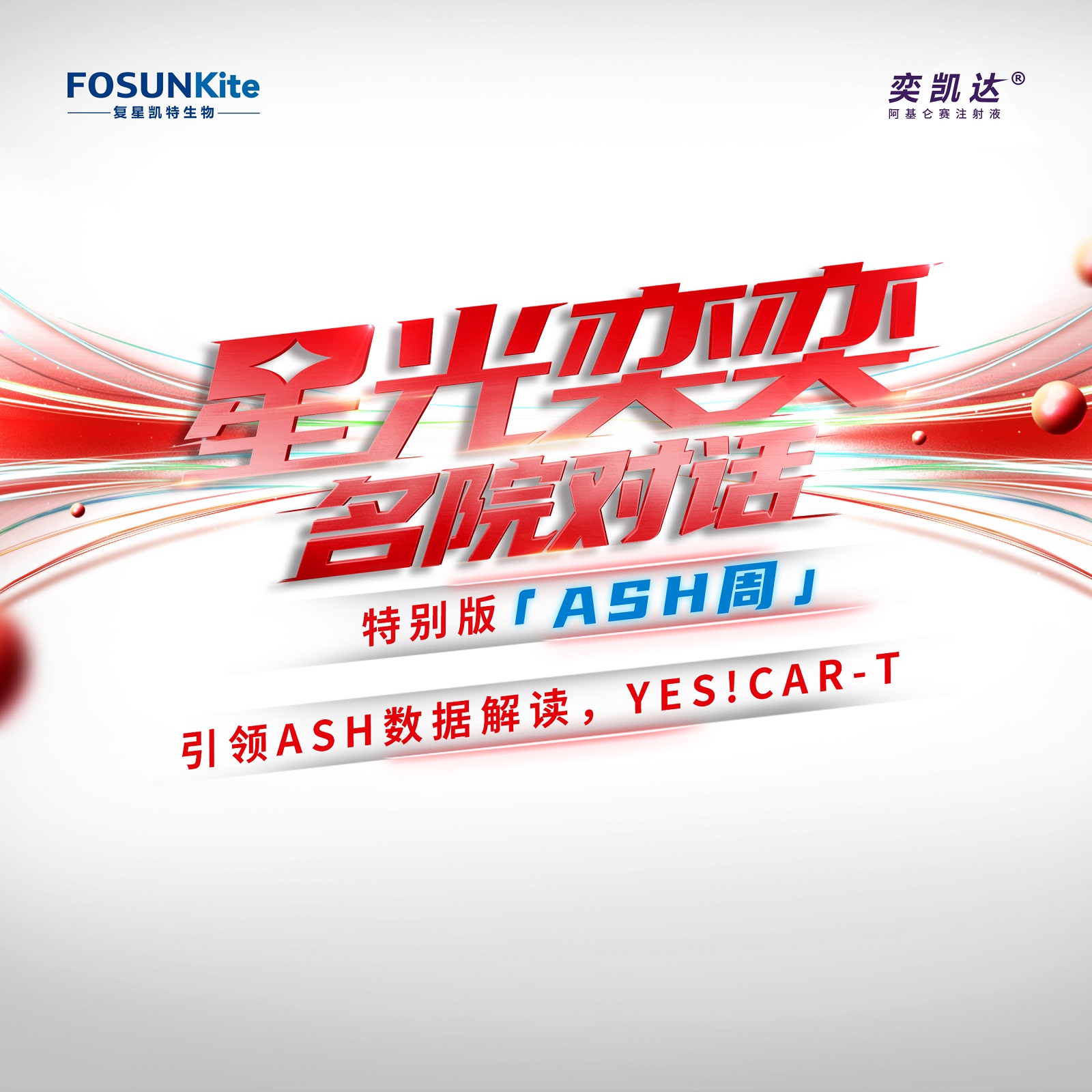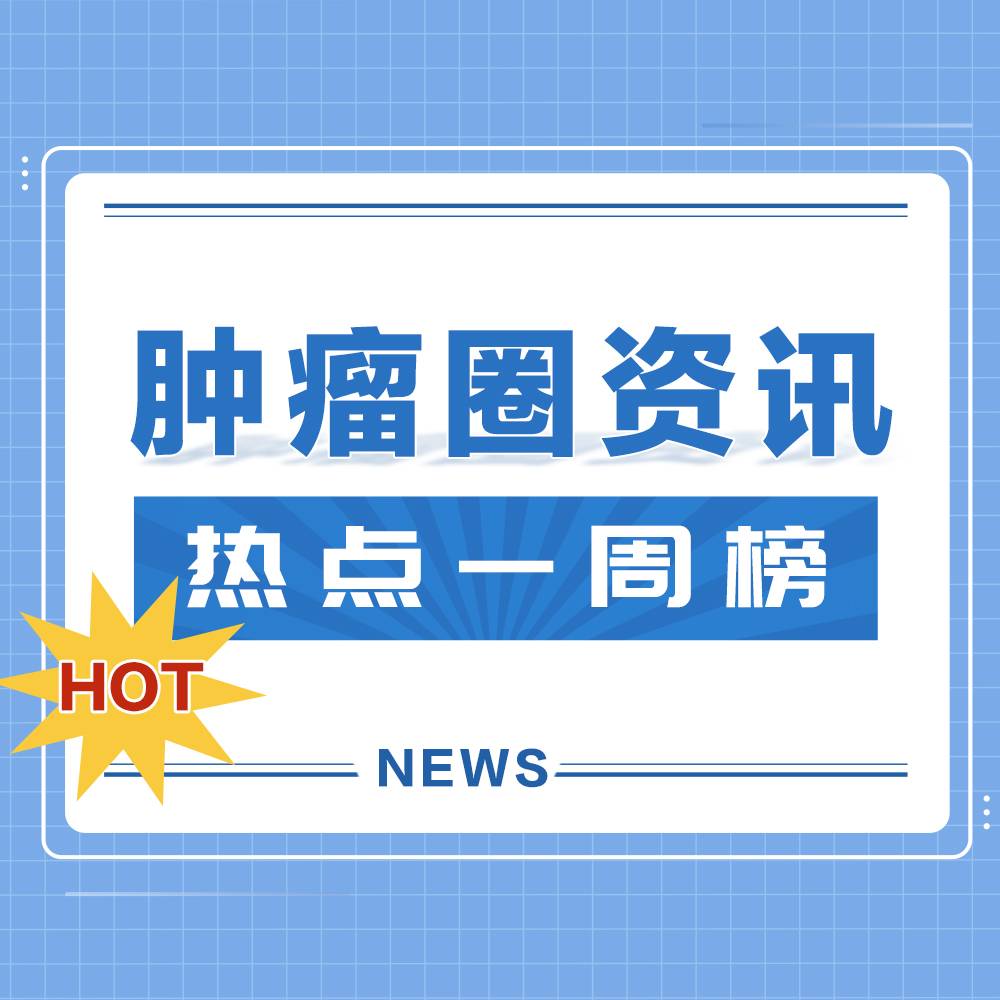来源:医脉通血液科
历经几年的辛苦研究,嵌合抗原受体(CAR)T细胞疗法的商业产品即将进入市场。两家医药公司正计划于2017年年初完成登记注册。这些产品将填补未满足的医疗需求,所以可能在明年年底获批。
CTL019是一种抗CD19 CAR-T细胞疗法,被开发用于复发/难治性急性淋巴细胞白血病(ALL)儿科患者中的治疗。2016年ASH大会公布了一项全球性注册试验(ELIANA)结果(abstract 221),数据结果将用于2017年年初在美国和后期在欧洲的审批。
Kte-C19(抗CD19)CAR T细胞疗法,被开发用于难治性弥漫性大B细胞淋巴瘤患者的治疗。本次大会也将公布一项重要的2期研究(ZUMA-1)的结果(abstract LBA-6),数据已提交给美国FDA,也将计划明年投入欧洲市场。
另一种药物——JCAR015,也将计划于2017年申请批准,被开发用于治疗复发/难治性B细胞ALL成人患者的治疗,但在ROCKET试验中,5名患者因脑水肿死亡。
JCAR015面临的问题:可导致脑水肿
以上这三种药物都是利用抗CD19 CAR-T细胞,但转基因结构和生产过程不同,这就可以解释JCAR015(导致脑水肿相关性死亡)不同于其他两种药物的原因。另外,Marcella Maus教授指出,JCAR015和CTL019面向的治疗人群不同——前者是ALL成人患者,而后者是儿科患者。
Maus教授说,CAR-T细胞疗法两个主要的严重不良事件是细胞因子释放综合征(CRS)和神经毒性。从数据上看,CRS在接受CTL019治疗的患者中更常见,神经毒性在接受JCAR015治疗的患者中更常见。神经症状一般较轻微,可医治,并且脑MRI看起来无异常。
Maus教授对ELIANA研究印象非常深刻,该研究包含了来自美国、欧洲、加拿大、澳大利亚和日本25个中心,所有患者接受了白细胞分离术,随后血液提取物被送至诺华,生产出每一名患者的个性化CAR T细胞疗法。随后,这些治疗中心的患者分别接受了这些CAR T细胞疗法的治疗。
类似地,Kte-C19的研究包含了来自美国的22个中心,从患者接受细胞分离至接受产物输注的平均周转时间为17天。
Maus教授表示,这种治疗非常复杂,不良反应的管理不同于其它白血病方案的毒性,因此研究在这些中心的开展极其不易。
Maus教授评论了CTL019试验,所有儿科ALL患者产生了突破性的响应,虽然不比之前单中心研究中的响应率高,但82%的完全缓解率非常惊人。这些患者治疗选择较少,体质较差——细胞输注前就有6名患者死亡,一半的患者已接受过干细胞移植,其余患者可能不适宜移植。
Daniel DeAngelo教授说,在过去的十年中,CAR-T细胞疗法治疗白血病已经取得了令人兴奋的早期临床结果,这一疗法可能会成为所有类型白血病最激动人心的策略之一。本次大会上所报道的最新数据将证实早期研究中表现出来的有效性及可行性,并提供更详细的不良事件数据。
ELIANA研究细节
Stephan Grupp教授在本次大会上呈现了这项全球性ELIANA研究的细节。
该研究纳入了87例CD19阳性的B-LL儿科患者,平均年龄12岁,有5名患者的细胞产物生产失败,6例患者在接受输注前死亡,3例患者在输注前因不良事件停止治疗。共62名患者接受了CAR-T细胞输注。
随访3个月时,可获得前50名患者的有效性数据,其中41(82%)名患者3个月时达到了完全缓解,最小残留病变也达阴性。6个月时,无复发生存率为60%,总生存率为89%。
另外,Grupp教授报道了62名患者的安全性数据,多数不良反应发生在前8周,随后症状减轻。前8周和8周后分别有 74%和 10%的患者发生了3/4级治疗相关不良反应。最常见的是CRS,可见于79%的患者。这种综合征的平均发病时间为3天,平均持续时间为8天。59%的CRS患者被收入ICU,20%接受了有创通气,10%进行了透析。无死亡事件发生。
另外,39%的患者食欲下降,37%的患者出现发热,33%低血压,31%肝酶水平升高,26%低钾血症,23%缺氧。第28天时,37%的患者血细胞减少,40%感染,45%短暂性神经病变。
输注30天内,有2名患者死亡(1名死于ALL,1名死于脑出血),无患者发生脑水肿。
Grupp教授表示,CTL019为复发/难治性B细胞ALL的儿科和年轻成人患者提供了一种新的治疗选择。大会主席Charles Abrahms教授也评论了CAR T细胞疗法,虽然这种治疗会导致某些严重不良反应,但通常可以控制,因此CAR-T细胞疗法将有望更广泛地用于社区治疗。
原文
221 Analysis of a Global Registration Trial of the Efficacy and Safety of CTL019 in Pediatric and Young Adults with Relapsed/Refractory Acute Lymphoblastic Leukemia (ALL)
A single-center trial of CD19 directed, lentiviral transduced chimeric antigen receptor (CAR) T cells (CTL019) for relapsed and refractory (r/r) B-ALL pediatric patients showed rates of CR >90% with prolonged CAR T cell persistence/CR without further therapy in the majority of patients infused (Maude NEJM 2014).
We report here the feasibility, safety and efficacy of the first multicenter global pivotal registration CAR T cell trial. Features of this trial include: i) the first trial in which industry-manufactured cells were provided to all patients; ii) enrollment across 25 centers in the US, EU, Canada, Australia, and Japan; iii) successful transfer and manufacturing of cells in a global supply chain; and iv) successful implementation of cytokine release syndrome (CRS) management across a global trial. All patients had CD19 positive B-ALL with morphologic marrow tumor involvement at registration (>5% blasts), and were either primary refractory; chemo-refractory after first relapse, relapsed after second line therapy; or ineligible for allogeneic SCT. CTL019 was manufactured from patient PBMC under GMP conditions in the US, at a centralized “sponsor-owned” manufacturing facility, and supplied to all sites. The primary endpoint of overall remission rate (CR+CRi) within 3 months and secondary endpoints (EFS, DOR, OS and safety) were assessed by an independent review committee.
Based on preliminary data as of March 2016, 57 patients were enrolled. There were 3 manufacturing failures (5%), 5 patients were not infused due to death or adverse events (9%), and 15 patients were pending infusion at the data cut off. Following fludarabine/cyclophosphamide lymphodepleting chemotherapy in the majority of the patients, 34 patients (median age 11 [3-23], 50% with prior HSCT) were infused with a single dose of CTL019 at a median dose of 2.9 x106 transduced CTL019 cells/kg (0.2 to 4). Among 29 patients reaching D28 prior to the data cutoff, 83% (24/29) achieved CR or CRi by local investigator assessment, all of which were MRD-negative. Two early deaths occurred prior to initial disease assessment, one due to disease progression and one due to intracranial hemorrhage. Two patients did not respond. One patient was in CR by BM at D28, but CSF was not assessed, therefore this patient was classified as “incomplete” assessment.
Safety was managed by a protocol-specified CRS algorithm with no cases of refractory CRS. Using the Penn CRS grading scale, 82% of patients experienced CRS, with 7 grade 3 (21%) and 8 grade 4 (24%) events. 44% patients with CRS required anti-cytokine therapy; all received tocilizumab with or without other anti-cytokine therapy, with complete resolution of CRS. Besides CRS, the most common grade 3 and 4 non-hematologic AEs were febrile neutropenia (29%), increased bilirubin (21%), increased AST (21%), and hypotension (21%). 21% of patients experienced grade 3 or 4 neuropsychiatric events including confusion, delirium, encephalopathy, agitation and seizure; no cerebral edema was reported. CTL019 in vivo cellular kinetics by qPCR demonstrated transgene persistence in blood in responding patients at and beyond 6 months. Overall exposure (AUC 0-28d) and maximal expansion (Cmax) of CTL019 DNA measured by qPCR was higher in responding compared with non-responding patients.
In summary, this pivotal global study in pediatric and young adult patients with r/r B-ALL receiving CTL019, confirms a high level of efficacy and a similar safety profile to that shown in the prior single center experience. Safety was effectively and reproducibly managed by appropriately trained investigators. The study has completed accrual. At the meeting, updated data from a planned formal interim analysis including safety, efficacy (primary and selected secondary endpoints), cellular kinetics, and impact of anti-cytokine therapy will be presented for more than 50 patients infused at 25 global sites.
欲了解更多血液肿瘤、淋巴瘤相关资讯,与全国各地血液肿瘤、淋巴瘤医生交流与讨论,请扫描以下二维码,添加肿瘤资讯小助手-Dinna微信,备注“血液肿瘤”!
编辑:肿瘤资讯-熊熊兔















 苏公网安备32059002004080号
苏公网安备32059002004080号


